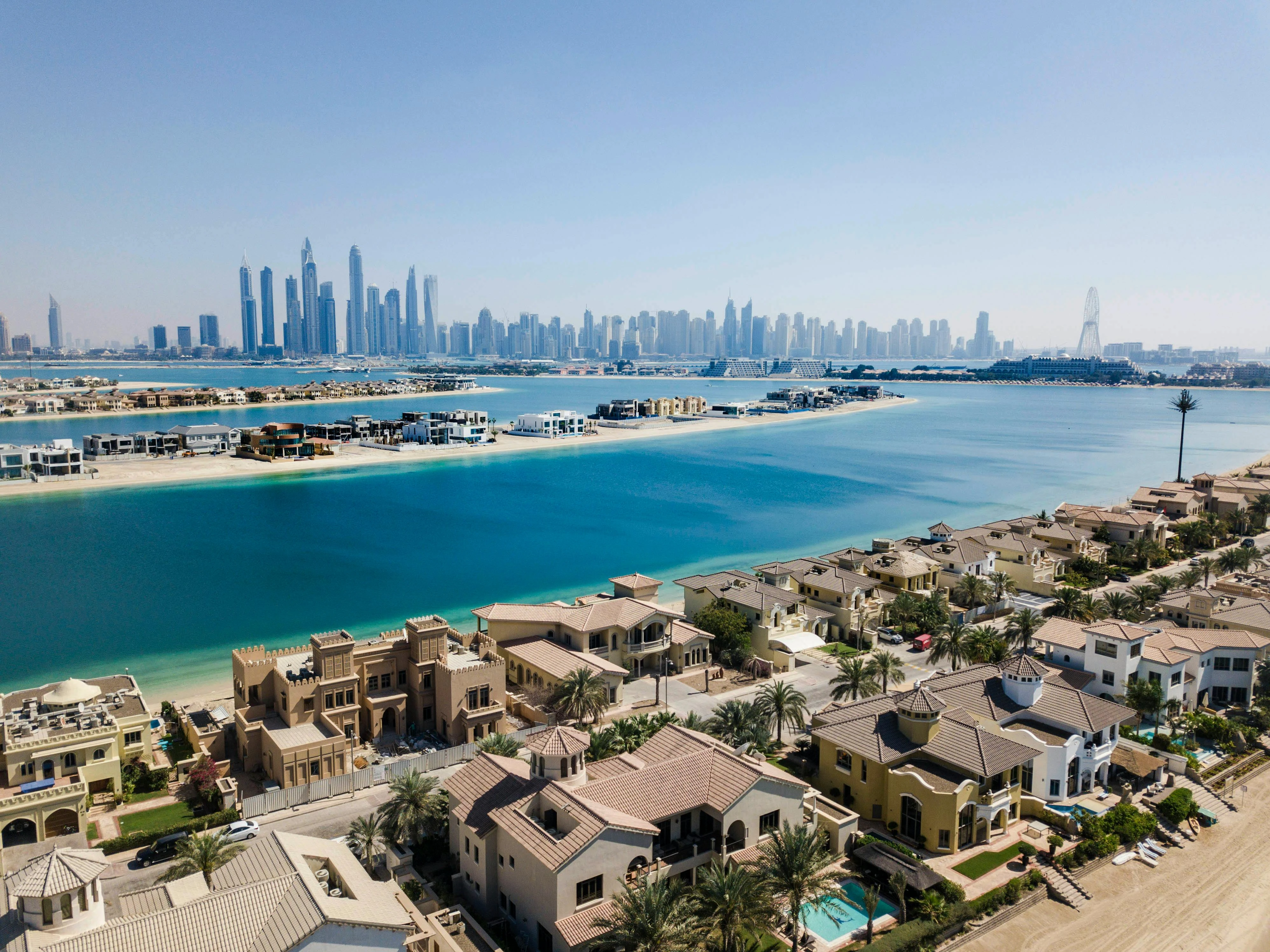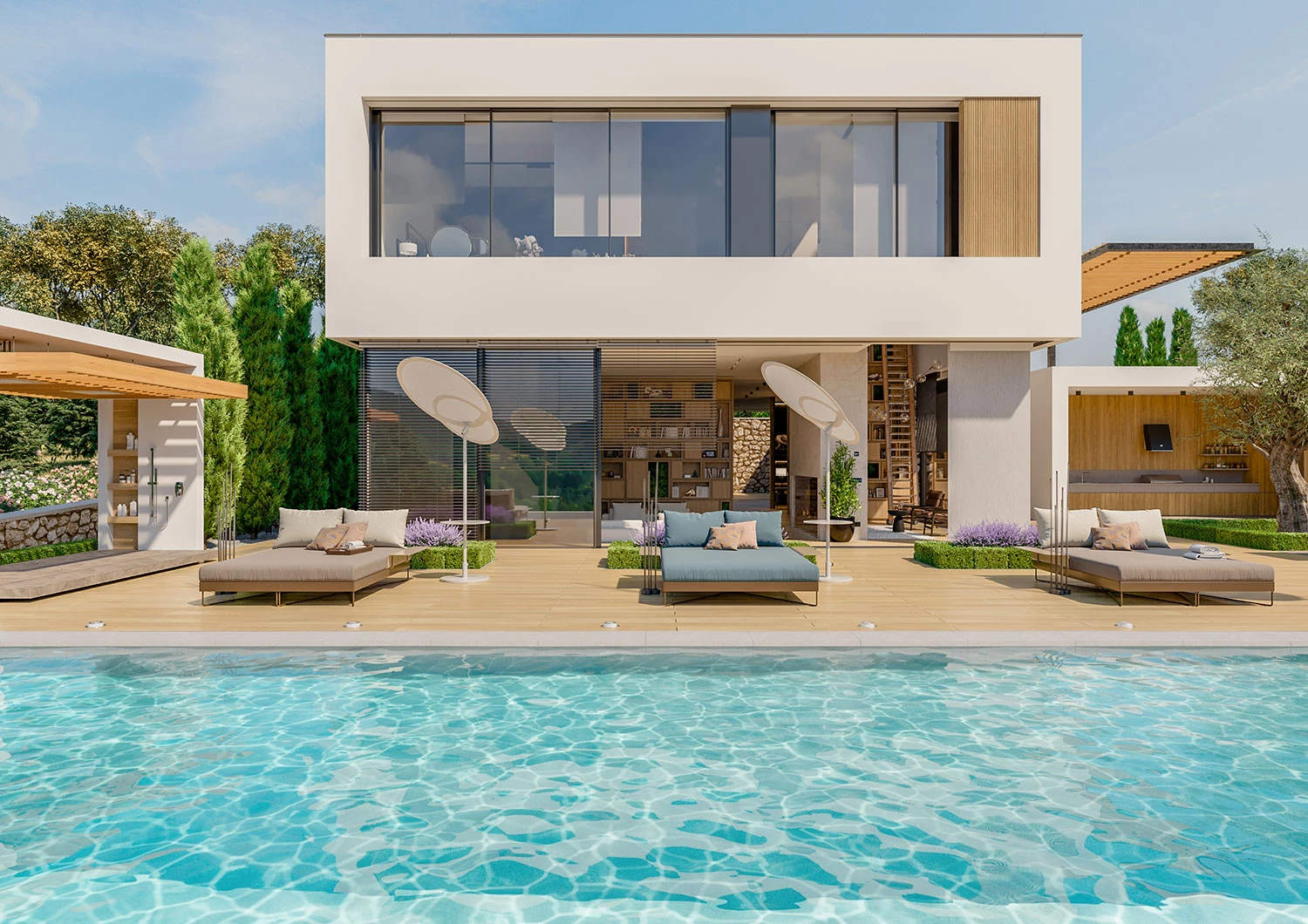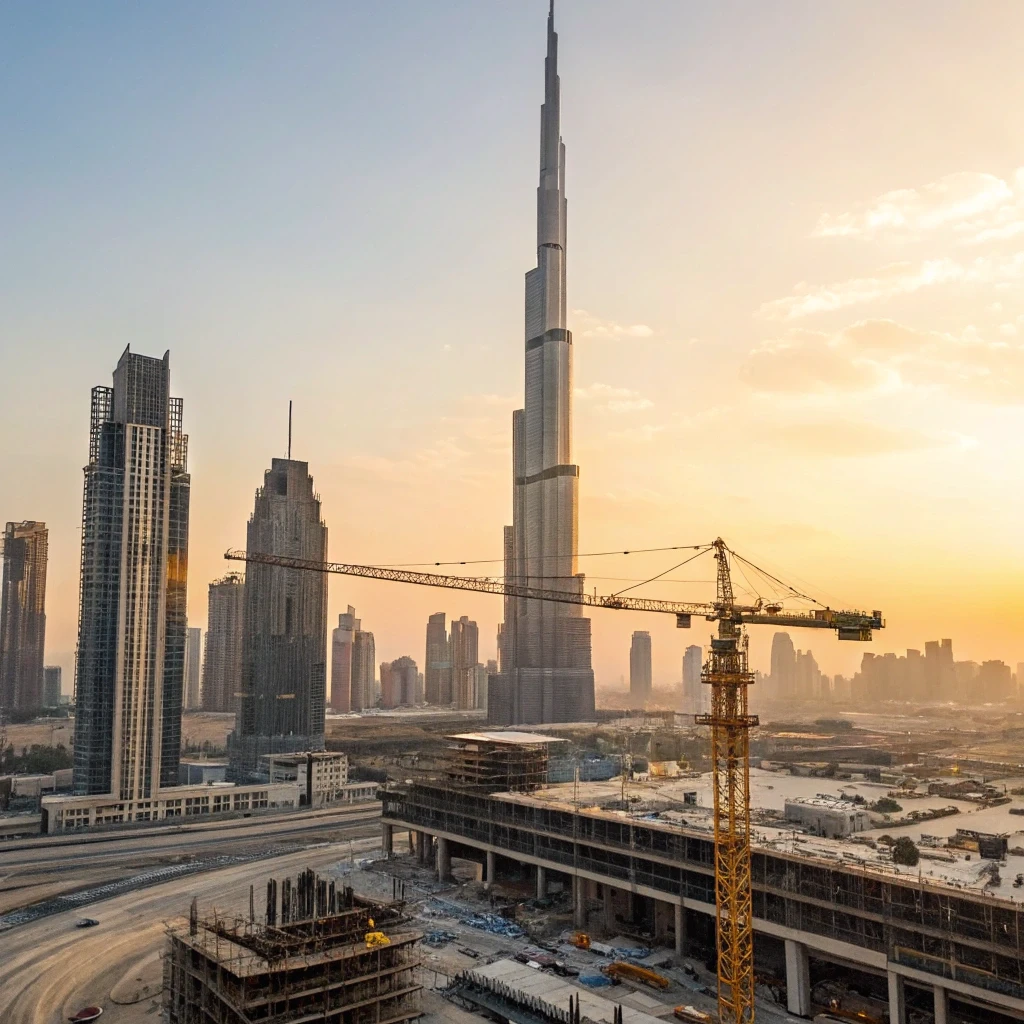Sevenx Properties in Dubai Real Estate Agency
Comparison of Mortgage Options in Dubai for Non-Residents in 2026

Dubai has always been a favorite for international property investors. With attractive freehold zones, strong rental yields, and no income tax, foreigners see Dubai as a safe and profitable place to buy property. However, one of the biggest questions non-residents ask in 2026 is: Can I get a mortgage in Dubai if I’m not living there?
The answer is yes—but with some important differences compared to residents. This blog explains how mortgages work for non-residents in Dubai, what banks are offering, what costs to expect, and how to choose the best option for your investment.
Can Non-Residents Get a Mortgage in Dubai?
Yes, non-residents are eligible for mortgages, but with more restrictions than residents. UAE banks are open to international investors, but they look for financial stability, clean credit history, and proof of income before lending.
While residents can borrow up to 75–80% of a property’s value, non-residents are usually limited to 50–60% loan-to-value (LTV). This means a bigger down payment is required.
Key Mortgage Rules for Non-Residents in 2026
Minimum Down Payment – At least 40–50% of the property value.
Loan-to-Value (LTV) Ratio – Most banks offer up to 50–60% for non-residents.
Mortgage Tenure – Maximum of 25 years, but the loan must be repaid by age 65 (salaried) or 70 (self-employed).
Interest Rates – Fixed and variable options, ranging between 4%–6% annually depending on market conditions.
Eligible Properties – Only freehold properties are financed, not leasehold or unregistered developments.
Types of Mortgage Options for Non-Residents
Fixed-Rate Mortgages
These offer a locked interest rate for a specific period (e.g., 3–5 years). They provide stability in monthly payments, ideal for investors who want predictable costs.
Variable-Rate Mortgages
The interest rate is linked to EIBOR (Emirates Interbank Offered Rate). Payments may fluctuate, but investors could save if rates drop in future.
Hybrid Mortgages
Some banks offer fixed + variable structures, where the first few years are fixed, followed by variable rates. This gives both stability and long-term flexibility.
Best Banks Offering Mortgages for Non-Residents
While offerings change regularly, in 2026, popular banks for non-resident mortgages include:
Emirates NBD – Offers mortgages with up to 60% financing for non-residents, competitive rates, and fast approvals.
Mashreq Bank – Known for flexible terms and attractive fixed-rate options.
ADIB (Abu Dhabi Islamic Bank) – Provides Sharia-compliant home finance for non-residents.
HSBC Middle East – Caters to international clients with simple documentation for foreigners.
Standard Chartered UAE – Offers hybrid mortgage products with global customer support.
Costs Beyond the Mortgage
Non-resident buyers often overlook extra costs when calculating affordability. These include:
Dubai Land Department (DLD) Fee: 4% of property value.
Mortgage Registration Fee: 0.25% of loan amount + admin charges.
Valuation Fee: Around AED 2,500–3,500.
Processing Fee: 1% of loan amount (varies by bank).
Service Charges: Annual fees for property upkeep.
Factoring these into your budget ensures no surprises later.
Example: Mortgage for a Non-Resident in 2026
Suppose a non-resident wants to buy an apartment worth AED 2 million in Dubai Marina.
Maximum mortgage (60%): AED 1.2 million
Down payment (40%): AED 800,000
Tenure: 20 years
Average interest rate: 5%
Monthly installment: Around AED 7,900 – 8,300
This makes ownership achievable for non-residents who can commit to the higher initial down payment.
Tips for Non-Residents Applying for a Mortgage
Keep bank statements and proof of income ready (6–12 months).
Maintain a good international credit record.
Choose properties in high-demand areas to maximize rental ROI.
Compare fixed and variable mortgage rates before committing.
Use a mortgage broker or trusted real estate partner like Seven X Properties to find the best deals.
Why 2026 Is the Right Time for Non-Residents
Dubai’s real estate sector in 2026 is supported by:
Strong tourism and expat inflows.
The Golden Visa program, boosting investor confidence.
High rental yields (7–9% average) compared to global cities.
Stable regulations that protect buyers through RERA and escrow systems.
For non-residents, this is one of the best times to secure financing and invest in Dubai property.
FAQs
1. Can non-residents get a mortgage in Dubai?
Yes, non-residents can get mortgages, usually up to 50–60% of property value.
2. How much down payment is required for non-residents?
At least 40–50%, depending on the bank and property type.
3. What is the average mortgage interest rate in Dubai 2026?
Rates range between 4%–6%, depending on fixed or variable terms.
4. Which banks offer mortgages to foreigners?
Popular choices include Emirates NBD, HSBC, Mashreq, ADIB, and Standard Chartered.
5. Can off-plan properties be financed by mortgages?
Most banks finance only ready properties for non-residents, though some allow limited off-plan financing with large down payments.
6. What documents are required?
Passport, proof of income, bank statements, tax returns (if applicable), and property details.
7. Do mortgages for non-residents qualify for Golden Visa?
Yes. If the property value is AED 2 million or above, buyers can apply for the 10-year Golden Visa, even with a mortgage.
8. How long does approval take?
Mortgage approvals usually take 2–4 weeks for non-residents, depending on documentation.
Frequently Asked Questions
A refundable security deposit of 5% of the annual rent will be expected to be paid on Landlords acceptance of Tenants offer to lease. This security deposit which is held by the Landlord and returned at the end of the term dependant on the condition of the property. You will need to pay your rent up front for the period of lease in the way of post-dated cheques depending on the terms of your agreement. Other costs will include 5% of the annual rent payable to the agency for commission plus 5% VAT. You will also need to budget for the deposits required to be paid for connecting your utilities such as water, electricity, televisions etc. 5% VAT is payable on services provided and will be incurred on utility charges.
A refundable security deposit of 5% of the annual rent will be expected to be paid on Landlords acceptance of Tenants offer to lease. This security deposit which is held by the Landlord and returned at the end of the term dependant on the condition of the property. You will need to pay your rent up front for the period of lease in the way of post-dated cheques depending on the terms of your agreement. Other costs will include 5% of the annual rent payable to the agency for commission plus 5% VAT. You will also need to budget for the deposits required to be paid for connecting your utilities such as water, electricity, televisions etc. 5% VAT is payable on services provided and will be incurred on utility charges.
To rent a property in Dubai, you generally need the following documents:
- A valid Emirates ID or passport for identification
- A residency visa
- A tenancy contract is a legal agreement between the tenant and the landlord outlining the terms and conditions of the rental agreement.
- A security deposit, which is typically equivalent to one month's rent
- Cheques or proof of payment for rent and any other fees associated with the rental agreement
- Ejari
In Dubai, the responsibility for paying service fees for a property is determined by the rental agreement between the tenant and the landlord.
In most cases, the landlord is responsible for paying the service fees. However, in some cases, the rental agreement may state that the tenant is responsible for paying a portion or all of the service fees. This would depend on the specific terms of the rental agreement.
The length of the contract can vary, but it is typically for a minimum of one year. However, landlords and tenants can agree to a longer-term contract if they want.






